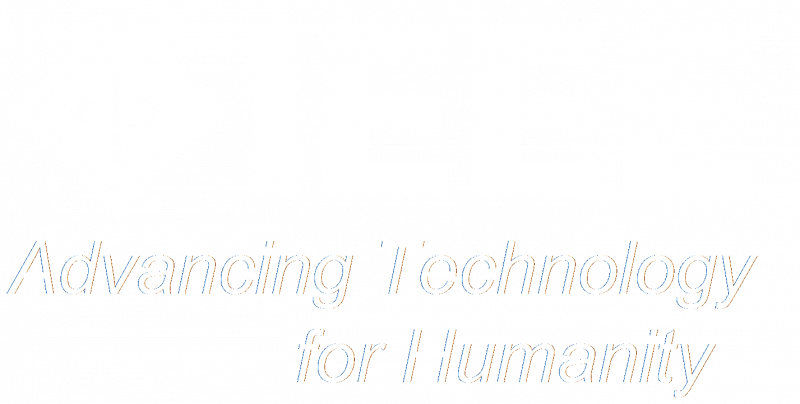About the speaker
ITIKD focuses on recent developments and findings in the domains of computational intelligence, knowledge discovery, modern trends of cyber security and other IT innovative systems.
The conference is technically sponsored by IEEE, and all accepted papers will be published in IEEE explore and indexed by SCOPUS.


When
13, 14, 15th April 2025
Where

Dr. Saqib Saeed
Saqib Saeed received the B.Sc. degree (Hons.) in computer science from International Islamic University Islamabad, Pakistan, in 2001, the M.Sc. degree in software technology from Stuttgart Technology University of Applied Sciences, Germany, in 2003, and the Ph.D. degree in information systems from the University of Siegen, Germany, in 2012. He is an Associate Professor with the Department of Computer Information Systems, Imam Abdulrahman Bin Faisal University, Dammam, Saudi Arabia. He is Senior Member of IEEE and also a Certified Software Quality Engineer from the American Society of Quality. His research interests include human-centered computing, digital transformation, user centric security, and information systems management. He is a member of the advisory boards of several international journals. He was also an Associate Editor of IEEE Access and International Journal of Public Administration in the Digital Age.
Speech Title: Practice based Computing for Sustainable Digital Transformation.
Practice based computing focuses on designing appropriate IT artifacts based on rich empirical context and in-depth design case studies to develop concepts. In order to foster successful usage of information systems, it is important that systems design should focus on user work practices. Therefore, conventional system design and testing approaches become inadequate since they primarily depend on the "official" perspective instead of real-world settings. As a result, in the field of information systems, concepts like "Participatory Design" and "User Centric Design" have emerged. The idea behind these notions is to give consumers more control over the design process, which will enable them to use information systems more successfully. Technology appropriation is a difficult endeavor, and including users in the system design process is crucial to creating technologically suitable solutions. As a result, there is greater likelihood that end users will adopt technology as information technology artifacts and user work practices are aligned. As a result, adopting practice based computing leads to sustainable digital transformation.